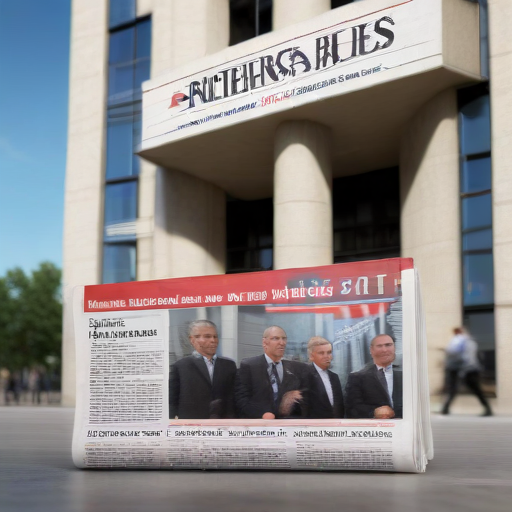French President Emmanuel Macron has announced plans to appoint a new prime minister in the “coming days” following a recent no-confidence vote that led to the dismissal of Prime Minister Michel Barnier. In a televised address, Macron affirmed his commitment to serve his full five-year term, which is set to conclude in May 2027.
During his speech, Macron attributed the government’s downfall to actions taken by opponents from the far right and far left, who he claimed opted for disruption rather than cooperation. He characterized their alliance as an “anti-Republican front,” asserting his refusal to accept responsibility for their actions.
The no-confidence vote, which removed Barnier after just three months in office—the shortest term for a modern French prime minister—saw 331 lawmakers in the National Assembly vote against the government. Barnier had taken office following snap parliamentary elections that resulted in a hung parliament, leaving no single political group with a clear majority. Macron noted that he had accepted Barnier’s resignation during a meeting at the Elysee Palace and asked him to continue in a caretaker role until the new government is established.
Political allies of Macron have called for a rapid appointment of a new prime minister to avoid further instability. Notable figures being considered for the position include Francois Bayrou, a seasoned centrist politician, and outgoing Defence Minister Sebastien Lecornu, although no meetings have been confirmed yet with these potential candidates.
The political uncertainty in France comes at a challenging time for the European Union, compounded by the recent collapse of Germany’s coalition government. The new prime minister will need to navigate the complexities of a fractured parliament, especially concerning the forthcoming 2025 budget amid concerns over public finances.
Analysis from political experts highlights the difficulties ahead for whatever government is formed, given the lack of a parliamentary majority. An overwhelming 64 percent of voters have expressed a desire for Macron to resign, reflecting growing dissatisfaction with the political climate. However, constitutional limitations prevent new parliamentary elections until July, necessitating a concerted effort to stabilize the current situation.
This political shift could be interpreted as an opportunity for renewal and change within the French government. With a new prime minister potentially bringing fresh perspectives and strategies, there remains the possibility for a cohesive approach to tackle the pressing issues facing the nation.
In summary, while the current political landscape in France appears tumultuous, it also presents a chance for adaptation and reform, with Macron’s renewed commitment to his term and the prospective new leadership potentially serving as a turning point for constructive governance.
